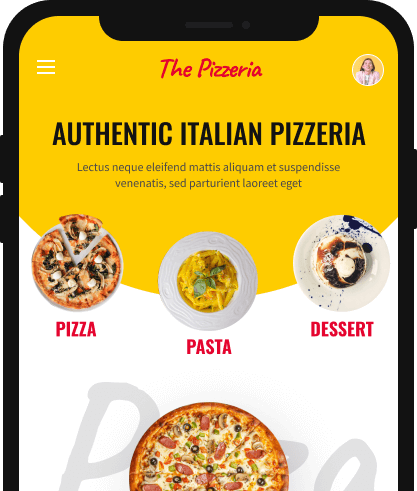Bridging the Gap Between Theory and Practice
Roleplay AI offers a unique avenue for learners to bridge the gap between theoretical knowledge and practical application. By engaging in simulated scenarios, students can apply their classroom learning in a risk-free environment. This method is especially effective in complex fields such as medicine and law, where practical experience is crucial. Studies from the University of California showed that medical students who trained with roleplay AI improved their diagnostic accuracy by up to 30% compared to those who didn't.
Customized Learning Experiences
Each learner is unique, and roleplay AI capitalizes on this by offering personalized learning experiences. These systems adapt to the individual’s learning pace, style, and needs, providing tailored feedback and challenges. For instance, if a learner struggles with a specific concept, the AI can offer additional resources or simpler explanations. This adaptive learning approach has been shown to boost knowledge retention rates by 40-60% among high school students, according to a 2022 study in New York.
Enhancing Engagement Through Interactivity
Engagement is key to effective learning, and roleplay AI makes learning highly interactive. Unlike traditional educational methods that may involve passive listening or reading, roleplay AI involves students in active dialogues and problem-solving sessions. This not only makes learning more enjoyable but also encourages deeper understanding. Feedback from over 500 students in a nationwide survey indicated that lessons incorporating roleplay AI were rated as significantly more engaging than conventional lessons.

Real-Time Feedback for Faster Improvement
Immediate feedback is another critical component of learning that roleplay AI enhances. As students interact with the AI, they receive instant responses to their actions and decisions. This immediate feedback loop allows learners to recognize and correct their mistakes in real time, significantly speeding up the learning process. For example, language learners using roleplay AI tools have shown to improve their fluency twice as fast as those using traditional study methods.
Scalability and Accessibility
Roleplay AI not only improves the quality of learning but also its accessibility. Schools and institutions can deploy these AI systems to reach an unlimited number of students, overcoming geographical and physical limitations. Additionally, the cost-effectiveness of AI systems makes high-quality education more accessible to underserved communities. A report from the Global Education Monitoring Report by UNESCO highlighted that roleplay AI programs have expanded access to education for over three million children in remote areas as of 2023.
Preparing Students for the Future
By simulating real-world scenarios, roleplay ai also prepares students for the challenges and complexities of the modern workforce. This exposure to practical scenarios ensures that learners are not only knowledgeable but also adaptable and proficient in applying their skills in real-life situations.
As education continues to evolve, roleplay AI stands out as a powerful tool that can transform traditional learning paradigms. Its ability to provide personalized, engaging, and practical learning experiences is proving to be invaluable in educating the next generation of thinkers and leaders. The integration of roleplay AI into educational settings promises a more dynamic, inclusive, and effective educational landscape.
